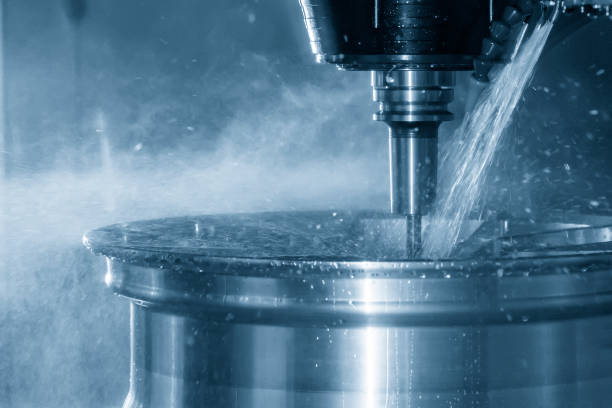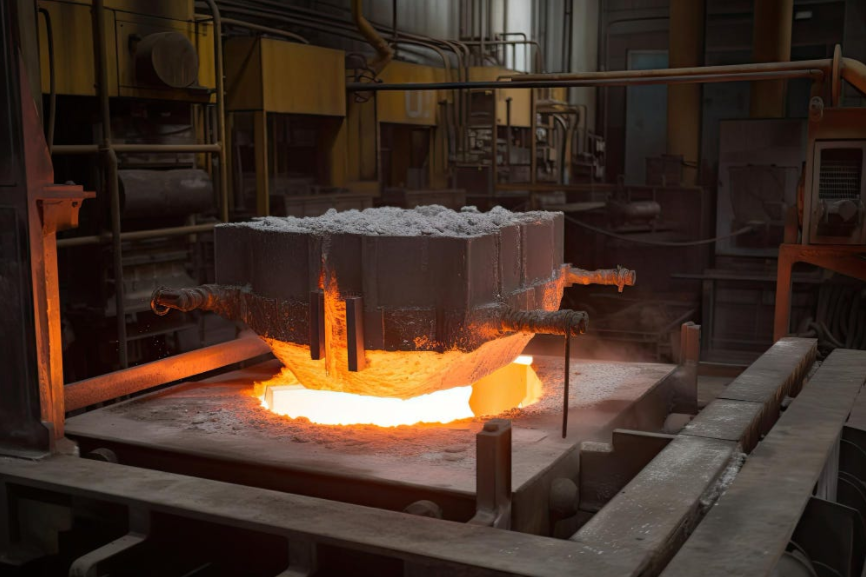Introduction:
Aluminum machining plays a vital role in various industries, including aerospace, automotive, electronics, and construction. With its unique properties, such as lightweight, high strength-to-weight ratio, excellent corrosion resistance, and good heat conductivity, aluminum has become a preferred material for manufacturing parts and components. In this article, we will explore how aluminum machining enhances precision and efficiency in manufacturing processes.
I. CNC Machining: Revolutionizing Aluminum Manufacturing
One of the most significant advancements in aluminum machining is the implementation of Computer Numerical Control (CNC) machines. CNC machining allows for precise and efficient aluminum part production, eliminating human error and reducing production time. By utilizing CAD/CAM software, complex designs can be programmed into the CNC machine, ensuring accurate and consistent results. The automation provided by CNC machining enables manufacturers to produce high-quality aluminum components with tight tolerances.
II. High-Speed Machining: Faster Production, Optimal Precision
High-speed machining (HSM) techniques have revolutionized the manufacturing industry, allowing for faster production rates while maintaining optimal precision. With aluminum being a soft metal, it is highly compatible with HSM. By utilizing specialized cutting tools, high spindle speeds, and advanced cooling systems, manufacturers can achieve increased material removal rates without compromising accuracy. HSM not only reduces production time but also enhances the overall surface finish, meeting the stringent requirements of various industries.
III. Advanced Tooling: Unleashing the Full Potential of Aluminum
To fully leverage the advantages of aluminum machining, manufacturers have developed advanced tooling solutions. Cutting tools specifically designed for aluminum machining are made from high-performance materials, such as carbide, that can withstand the higher speeds and temperatures associated with aluminum machining. These tools feature optimized geometries and coatings to enhance their performance, reducing tool wear and extending their lifespan. By investing in specialized tooling, manufacturers can achieve higher productivity and cost-effectiveness in aluminum machining.
IV. Integrated Workflow: Streamlining the Manufacturing Process
To enhance precision and efficiency, manufacturers are adopting integrated workflows that streamline the entire manufacturing process. By integrating CAD/CAM software with CNC machines, manufacturers can eliminate errors in design transfer and optimize toolpath generation. Real-time monitoring and data analysis provide valuable insights into production performance, enabling manufacturers to make informed decisions and optimize their processes further. By utilizing an integrated workflow, manufacturers can reduce lead times, improve quality control, and ultimately enhance overall efficiency.
V. Automation and Robotics: The Future of Aluminum Machining
As manufacturing continues to evolve, automation and robotics are playing an increasingly significant role in aluminum machining. Robotic systems equipped with advanced sensors and artificial intelligence capabilities can perform complex machining operations with precision and efficiency. Automation not only reduces human error but also enables manufacturers to scale up production and meet increasing demands. By embracing automation and robotics, manufacturers can achieve higher productivity, lower costs, and ultimately, enhance the precision and efficiency of aluminum machining.
Conclusion:
Aluminum machining has significantly enhanced precision and efficiency in the manufacturing industry. CNC machining, high-speed machining, advanced tooling, integrated workflows, and automation have revolutionized the way aluminum parts and components are produced. With continuous advancements in technology and the increasing demand for lightweight and durable materials, aluminum machining will continue to play a vital role in various industries, driving innovation and improving manufacturing processes.
-

- OEM Die casting manufacturer produce magnesium alloy auto dashboard
-

- Magnesium alloy foundry parts bicycle frame CNC machining & surface finishing
-

- Magnesium alloy die-casting auto parts center control cover
-

- Wholesale Magnesium Alloy Baby Cycle For 3 To 5 Years Old 12 Inch Kids Cycle OEM Cheap
-

- OEM high pressure die casting magnesium alloy frame for bicycle
-

- Magnesium thixomolding parts UAV housing

 0086-750-5616188
0086-750-5616188 +86 13392089688
+86 13392089688 sales@zhongmei-tech.com
sales@zhongmei-tech.com








